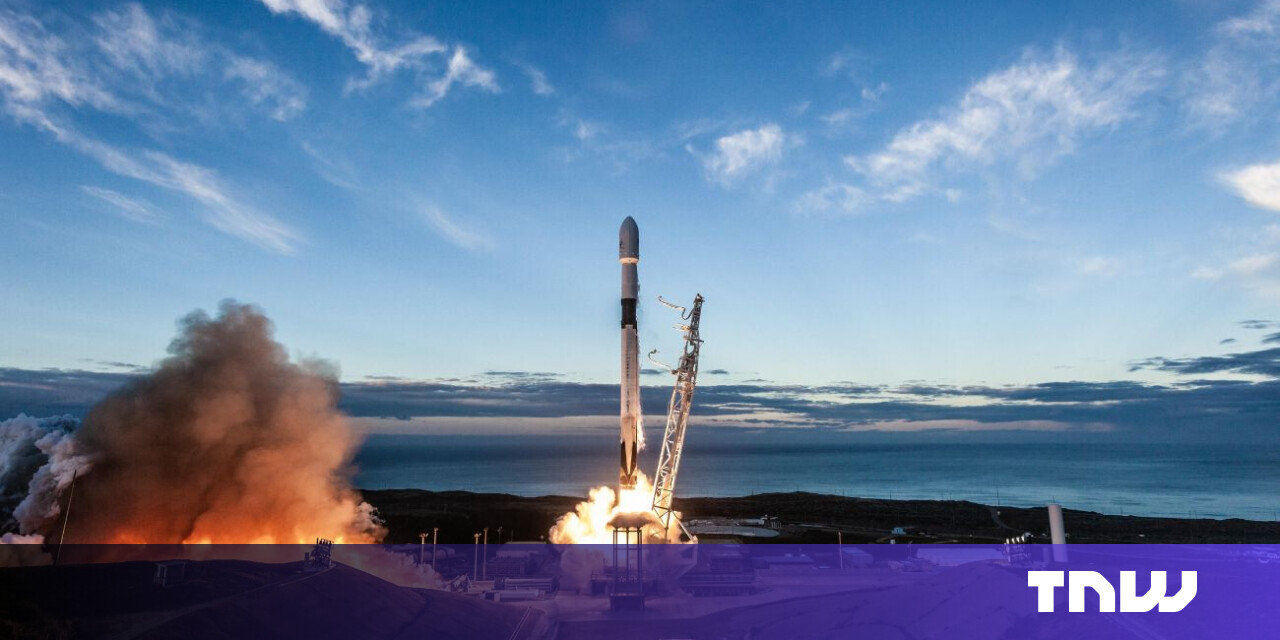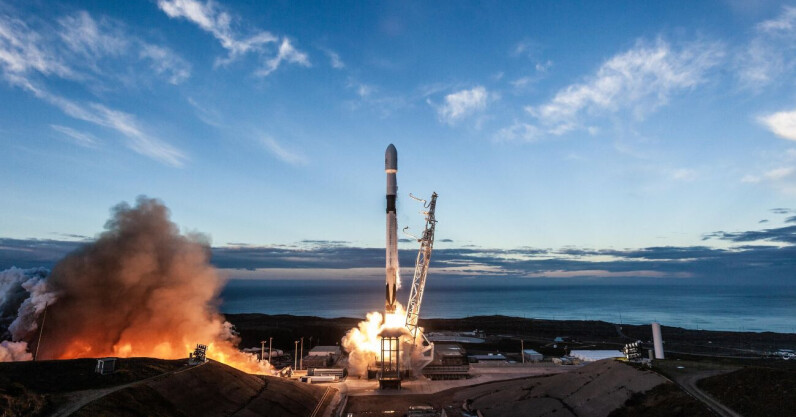
Elon Musk’s SpaceX has reached a deal with the European Space Agency (ESA) to launch four navigation and communications satellites into orbit, the Wall Street Journal reports.
The agreement covers two launches next year, each carrying two Galileo satellites, Javier Benedicto, the ESA’s director of navigation, told the publication. These satellites enable encrypted communications between European governments and handle the bloc’s satellite navigation system.
While SpaceX has launched European payloads before, this is the first time the EU has partnered with the Musk-led company on a satellite containing classified information. Officials from both sides of the pond are working together on the safe handling of this sensitive data, the sources said.
For anyone familiar with Europe’s space sector, the news doesn’t come as a huge surprise. With Ariane 5 officially decommissioned, the launch of its successor, Ariane 6, delayed once again, and Italy’s Vega C rocket grounded following a launch failure in December, the continent is without independent access to space satellites.
Take part in the Financial Times & TNW Health Technology Summit on 30 November.
Join leaders from NHS England, Bayer Cosumer Health, LSE, Cancer Research UK and more online.
The bloc’s backup option, the Russian Soyuz programme, was interrupted last year amid the breakdown in relations following Russia’s invasion of Ukraine. This lack of alternatives left Europe with “no other choice” but to team up with Musk’s space company, ESA officials told the Journal.
“We have 10 satellites that are ready to be launched, and those satellites should be in space, not on the ground,” said Benedicto. However, he added that the space agency does not intend to use SpaceX for future Galileo launches beyond this deal.
The hope is that Ariane 6, ESA’s next-generation heavy-lift rocket, will enter service sometime in 2024. The rocket was scheduled to deliver the Galileo satellites into space but has faced numerous delays.
Newer would-be launch providers, including the Spanish company PLD Space and Germany’s Rocket Factory Augsburg, are still developing their technology and it’s uncertain when, or if, their rockets will enter commercial operations.
For now, the European Commission and EU member states must still give final approval for the deal.
The ESA did not immediately respond to our request for comment.







